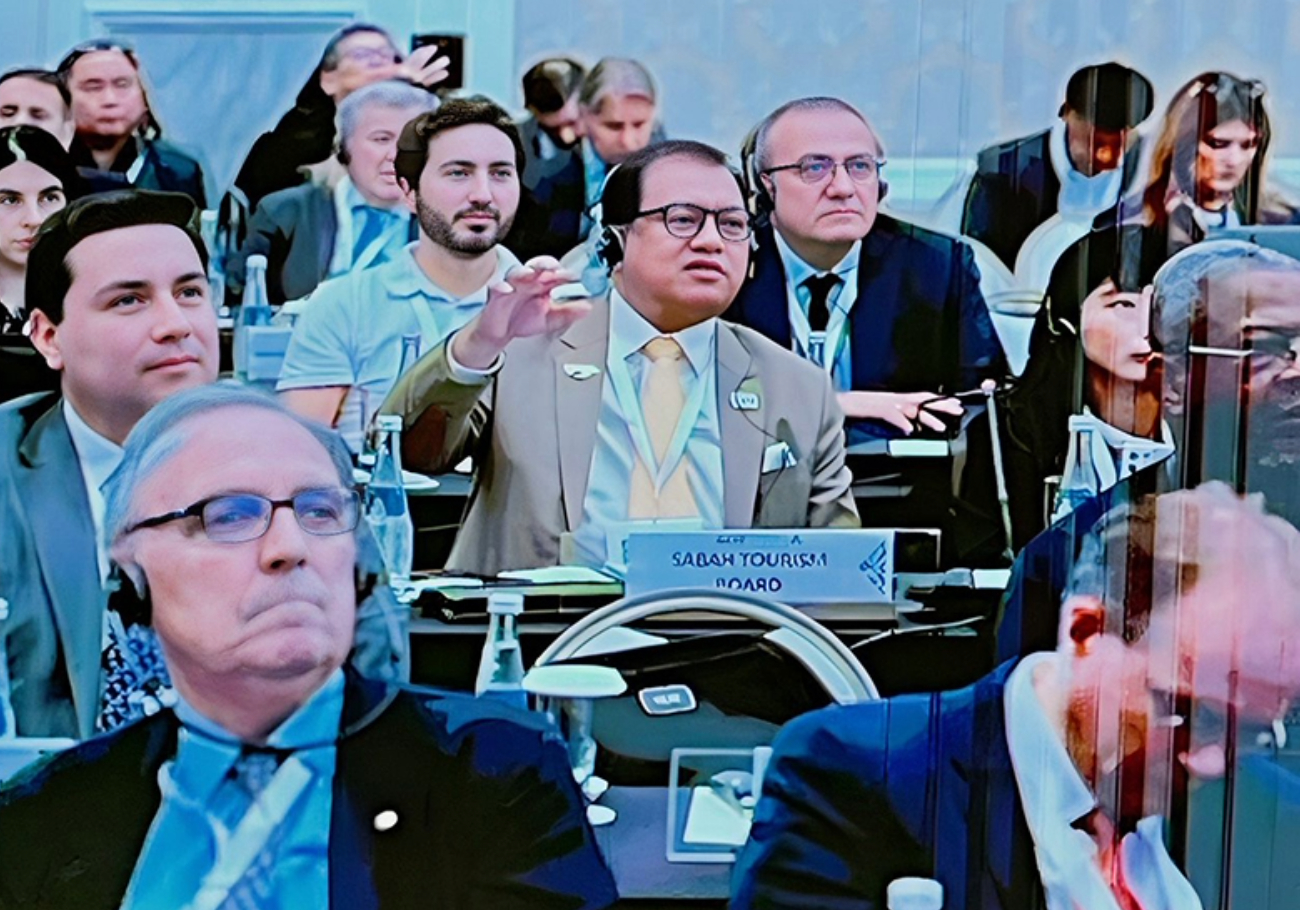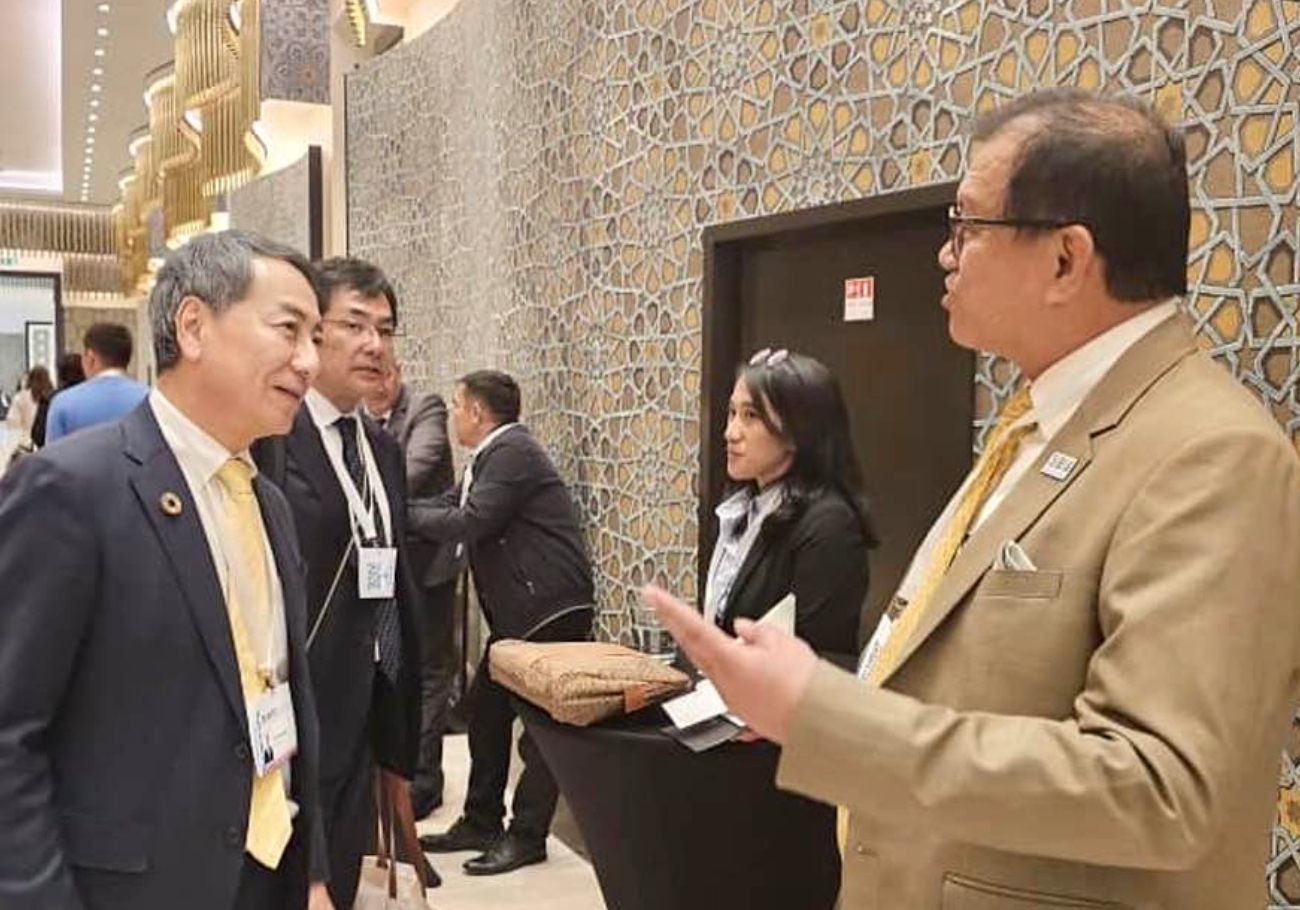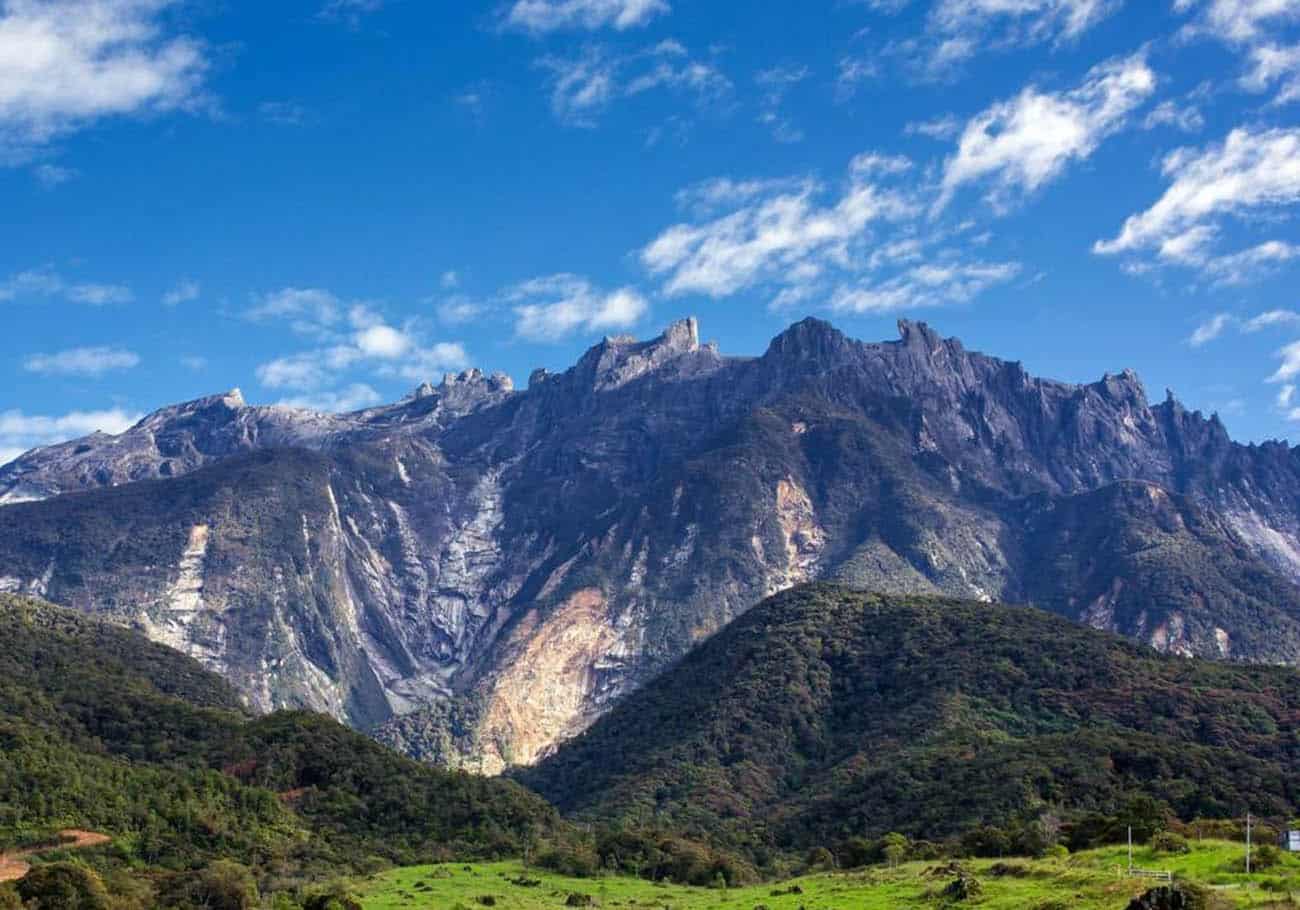
Sabah Tourism Board Chairman, Datuk Joniston Bangkuai, made a compelling case for the emphasis on rural community tourism during the 44th UNWTO Affiliate Members Plenary Session in Samarkand, Uzbekistan.
He highlighted the need to include all community segments in global tourism discussions and development, particularly in developing countries.
Promoting inclusive tourism

During his speech, Joniston stressed that rural community tourism is vital to ensure that the benefits of tourism extend beyond urban areas. Sabah has been a strong advocate for rural tourism, aiming to empower rural communities economically.
He noted that this approach not only provides an alternative income source for rural populations but also fosters cooperation within these communities for sustainable tourism development.
“I propose placing a particular emphasis on rural community tourism to ensure inclusion of all community segments, particularly in developing countries, in UNWTO’s tourism development and promotion agendas,” Joniston stated.
Moreover, he also underlined the role of rural tourism in creating awareness about environmental protection. As tourists explore these rural areas, they become more conscious of the need to preserve the environment.
Sabah’s unique UNESCO Triple Crown status

During the Plenary Session, Joniston proudly mentioned Sabah’s exceptional status as one of three destinations worldwide with a UNESCO triple crown site.
This recognition was granted following the declaration of Kinabalu National Geopark as The Kinabalu UNESCO Global Geopark on 24th May this year.
The Kinabalu Park holds two additional UNESCO “crowns” – it’s a World Heritage Site since 2nd December 2000 and a UNESCO Crocker Range Biosphere Reserve declared on 12th June 2014. This triple crown status places Sabah alongside Jeju Island in Korea and Shennongjia in China.

He also urged the UNWTO to consider how they could support Sabah in capitalising on this significant UNESCO recognition. He emphasised that this recognition should be leveraged to promote tourism on a global scale.
Joniston concluded that it’s a recognition Sabah should harness for the benefit of its people and the promotion of global tourism. His advocacy for rural community tourism aligns with Sabah’s commitment to empowering rural communities and safeguarding the environment in the pursuit of sustainable tourism.











